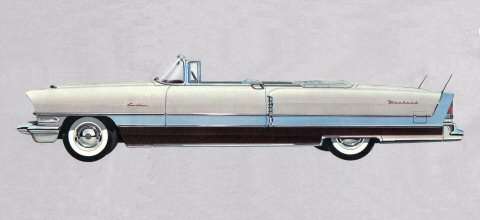|
Re: 1937 115C Rear Brakes Adjustment?
|
||||
|---|---|---|---|---|
|
Home away from home
|
Is there any clearance between the brake shoes and the drum? They would do this if they are adjusted too tight.
Lift the rear axle using a jack under the differential, each wheel should spin freely except only to have a slight coasting sound.
Posted on: Today 10:18
|
|||
|
1955 400 | Registry | Project Blog
1955 Clipper Deluxe | Registry | Project Blog 1955 Clipper Super Panama | Registry Email (Parts/service inquiries only, please. Post all questions on the forum.) service@ultramatic.info |
||||
|
||||
|
Re: 1937 115C Rear Brakes Adjustment?
|
||||
|---|---|---|---|---|
|
Home away from home
|
One or more wheel cylinders that leak slightly can cause that to happen. A leaking rear axle seal can do the same. Brake fluid or grease may appear at the lower backing plate, but it doesn't always. A slight leak is usually what causes brakes to stick or grab. The brakes get gummy and stick. When the car stops, they un-stick. A bad leak will lubricate the brake.
Other possibilities: I have had a situation where the brakes on a 1947 Plymouth would get progressively tighter with each application until they began to drag and overheat. That problem was in the master cylinder. Somehow, pressure was being applied to the system and retained. If the car sat overnight, the brakes would work normally for several stops, then the problem returned. If your problem is rear wheels only, I would suspect that the parking brake cables or other hardware is stiff and not releasing fully. In some cases, pistons in the wheel cylinders can stick. That usually affects one wheel. Very weak, broken, or missing brake return springs could cause dragging brakes. The first thing to check is the adjustment. There should be no significant drag in the brakes. Another possible issue is lack of free play at the brake pedal. The brake pedal should have about an inch or so of free travel before it engages the master cylinder. Is this a new problem, and has any brake work been done on the car recently?
Posted on: Today 11:12
|
|||
|
||||








